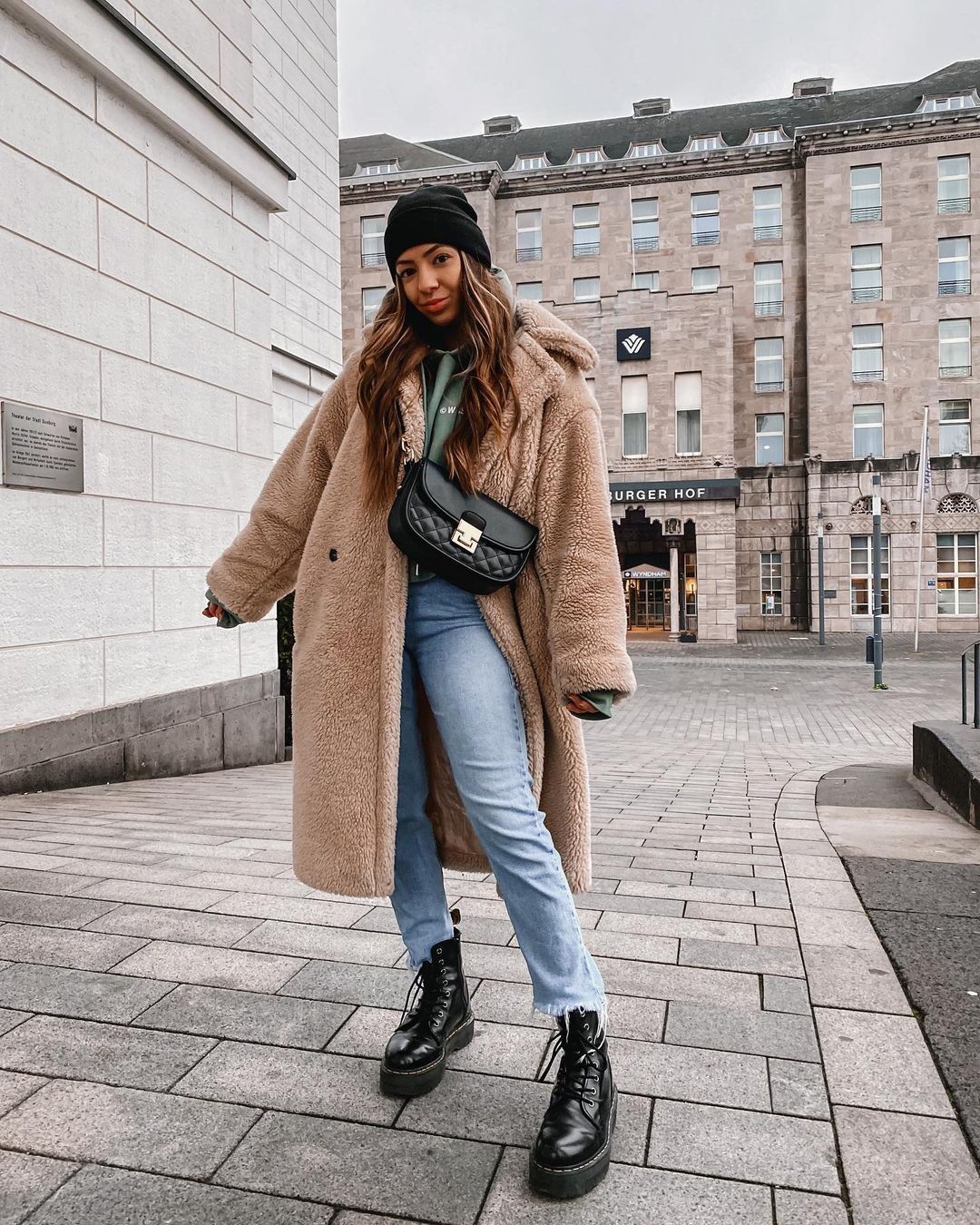
The travel market is comprised of different sub-segments, such as luxury, business, and leisure travel. These sub-segments will see significant growth over the next few years. The absolute luxury sub-segment is the most dominant segment in the travel market, with an estimated market size of $757 million by 2028. This segment's growth is due to features such as priority checking-in, high-end hotel rooms, and enhanced entertainment.
Growth of leisure travel market
A variety of factors are driving leisure travel to a rapid growth rate. There are however some obstacles that can slow down its growth. These include a lack of skilled workers or environmental impacts. Travel has been negatively affected by the COVID-19 pandemic. This led to international lockdowns and cancellations. These restrictions on travel are likely to be lifted soon.
Asia Pacific is the leading region in the Global Leisure Travel Market. The region is rich with diverse cultures and has many recreational opportunities. The Solo segment of leisure travel in North America is expected to see the most growth. Other factors contributing to market growth include the rise in social media usage in the US, and the region's relatively high disposable income. The segment's growth is being driven by women, who are choosing to travel for pleasure.
Rise in number of international students
According to the 2020 Open Doors Report on International Educational Exchange, the number of international students in the U.S. has increased by more than one million since its inception five years ago. China continues to be the top source of international students in the U.S., with over 1.1 million enrolled last year. India, Pakistan and the United Kingdom are the next-largest sources of international students.

With eight million expected international students, this growth in international education will continue. This represents a substantial increase in international students compared to the 3,000,000 currently residing in the United States. In 2030, the total expenditure on international students is expected to double from before the pandemic. This spending will include tuition fees, accommodation, food, retail, insurance, and transportation. It is estimated that USD$196 billion will be the value of the global student marketplace in 2019.
Impact of the COVID-19 Pandemic
The COVID-19 epidemic had a significant impact on travel and tourism. The COVID-19 pandemic had a negative impact on employment as well as tourism-related industries by reducing visitor numbers by up to 24%. Restaurants and tourist fruit orchard houses were among the worst-affected sectors in tourism and tourism. Restaurants and accommodations saw smaller declines. Large tourism sites and family-owned tourist attractions faced the worst impact, with more than one-third of employees laid off.
Pandemic-related global mobility resulted in the spread of the disease to many countries. Global tourists reacted negatively to the threat of contracting this disease by reducing their travel plans. This, in turn, reduced their confidence in travel and tourism. Also, the psychological effects of this pandemic were a concern.
IoT will have an impact on the leisure market
IoT, a key technology, can make it easier to provide services and improve the customer experience. IoT can be used to provide personalized customer experiences by allowing companies to gather and analyze data. IoT allows hotels and airport staff to see if their guests have had a satisfying experience and make improvements accordingly.
Businesses can also use it to anticipate customer needs. It is becoming a more popular trend to include people with disabilities in travel services. This information can be used to help companies anticipate and respond to customers from diverse segments. IoT not only provides enhanced services but also enhances the brand's overall image.

The impact of airline fares
If the cost of air travel increases, then the travel industry will be affected. There are several factors that contribute to price changes. Travel taxes, for example, can raise the cost of travel. Although travellers cannot avoid taxes, they can try to find other forms of transportation. For instance, UK residents who are planning to travel to Europe can choose to travel by another method of transport. The same applies to French citizens who travel to the UK. They can choose to change their destination.
It is possible to use the price elasticity of air travel as a tool to assess the impact of a policy regarding air travel. Policymakers can determine how the prices of airlines affect the market and adjust their actions accordingly to changes in demand.
FAQ
How will the COVID-19 change consumer behavior?
We all know that people buy less right now. This doesn't mean people won't want money to spend on themselves in future.
So if you plan on going shopping, now would be a good time to hit up your favorite stores. You might even find that shopping is more enjoyable than you thought.
There might be fewer crowds at malls, but you still have access to many options. Just remember to stay safe and follow social distancing guidelines.
Also, remember to wash your hands regularly. This simple step can prevent the spread coronavirus.
Now that you have seen some trends that are shaping the future of retail, let's take an in-depth look at what's hot.
How important is Instagram in the fashion industry?
Instagram has been one of the most successful platforms for brands to connect with influencers. And it's not surprising because it gives them access to a massive audience.
But reaching an audience is only part of the equation. Influencer marketing is all about engaging. It's about building relationships and trust with your followers. And that takes time.
It's all about consistency and reliability. It is about regularly publishing quality content. Responding to questions and comments.
Instagram is great at engaging with followers. But it doesn't work well for selling products. That's where other social media channels come in.
Virtual experiences will continue to grow after the pandemic.
The world we live today is more connected than ever before. We communicate faster and share information more effectively, as well as collaborate across national borders.
Technology is constantly evolving, and so will the way we interact with one another and our environment.
Virtual reality (VR), is the next frontier of this evolution. Virtual worlds will revolutionize the way we learn, play, explore, and do business.
While VR might seem appealing to consumers, there are questions about its potential use to exploit vulnerable users.
Experts warn that VR headsets may be used by cybercriminals to lure victims into phishing and scams.
You should ensure that you read and understand the terms of service and privacy policy before purchasing a headset.
Also, ensure you are working with a trustworthy company.
Read reviews online and ask family and friends to tell you what they think. People will often tell you that the product is great if they are trying to sell it. It is important to search for independent websites which provide detailed reviews.
Many companies now include terms-of-service and privacy policies on their packaging. It is easy to locate and review them.
If you're unhappy with your purchase, don't hesitate to contact the retailer directly.
Is mobile influencing the fashion industry?
Mobile devices are getting more powerful every year, we know. They can now take photos, record videos, play songs, and even surf on the internet. It is no surprise that mobile phones are being used to check out outfits.
Some people use them to measure the size of a dress before purchasing it. They can also be used to take photographs of yourself in front of mirrors.
Do not forget to take pictures with your phone when you think about purchasing a new outfit.
Statistics
- and what they are traveling for, with 78% of respondents wanting to impact the community they visit positively.1 Eating & Shopping at Small businesses (americanexpress.com)
- Nearly 30% of consumers have started their holiday shopping, though 55% say rising inflation has altered their gifting and spending plans for 2022. (junglescout.com)
- OTC Medicine 57% Beauty & Personal Care 52% Vitamins & Dietary Supplements 51% Home & Kitchen 47% Top retailers where consumers are shopping in 1. (junglescout.com)
- Just 5% of consumers expect to wait until December to begin shopping, while more than 70% said they'd start before Thanksgiving. (junglescout.com)
- The percentage of shoppers likely or somewhat likely to purchase top social platforms increased across the board in the third quarter of 2022 compared to the second, with TikTok seeing the largest jump. (junglescout.com)
External Links
How To
Which trends will be most impactful for the travel industry
The world is changing quickly, and so are the ways we do business. When we refer to the digital revolution, we don't just mean the internet. This is about the impact technology has on all industries.
In the years to come, the industry will undergo many changes. Here are five areas of industry change that will not be lost.
-
Customer Experience
-
Technology
-
Mobile
-
Social Media
-
Connectivity
These are just some examples of the way the future of travel looks. But there are many ways these trends will affect our lives. Let's take a closer look at each of these areas.
Book your holiday with confidence. Customers are more savvy and demanding. Accenture estimates that by 2020, tourists will spend $8 trillion worldwide on holiday travel. Brands must make customers feel valued throughout their holiday experience and invest heavily in customer services.